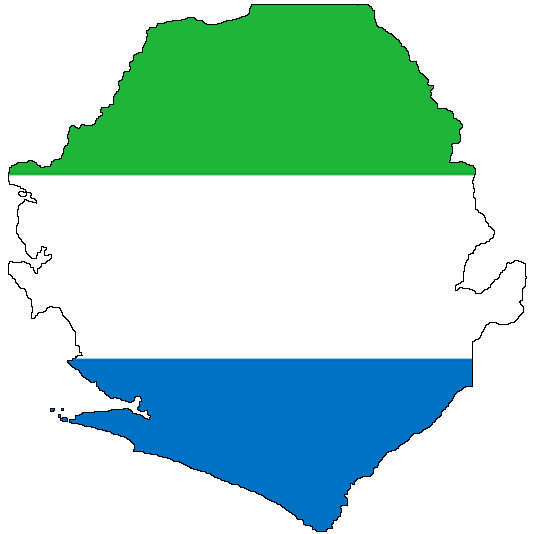Will the goal of an Ebola vaccine be realized in 2015?

It's exactly a month today since Glaxo Smith Kline (GSK) put out a statement on the first phase 1 trial results of a candidate Ebola vaccine. Commenting on the results, Dr. Moncef Slaoui, chairman of Global Vaccines at GSK said: “We are very encouraged by these positive first trial results showing this type of vaccine has an acceptable safety profile and can produce an immune response against Ebola in humans." The release also said further data from ongoing phase 1 trials in the United States of America, United Kingdom, Mali and Switzerland were expected by the end of 2014. “If the combined data from these trials are positive, the next phases of the clinical trial programme will begin in early 2015 to see whether the immune response we are seeing in phase 1 actually translates into providing people in affected countries with meaningful protection against Ebola," the statement said . Phase 3 trials will involve the vaccination of thousands of volunteers, includin










